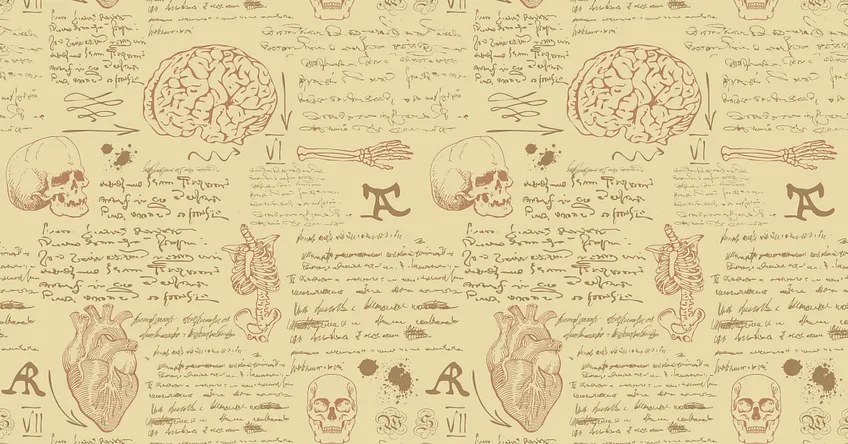
Knowledge for Knowledge's Sake
The Navajo had classified over 700 insects and stored the entire classification in memory.

More Benefits of Memory Work
Having a big picture and hooks for every piece of information just makes you want to know more.

What's in Our Heads
Only with facts at my fingertips could I play with information and see patterns I had never glimpsed before.



It's Nice to Be Nice to the Nice
There appears a gap between who students claim to hold as models and who the students actually appear to imitate.

Imitation Is Not Just Simple Copying
Our behavior is, often subtly, brought in line with the behavior of another person.

Imitation as Default Social Behavior
We usually imitate—automatically—and not doing it is the exception.

No One Can Make You Feel Inferior
Students are not hardwired to helplessly mimic your incompetent authority.

Ancient Inventions
The social forces of any real importance at any period are composed of the imitations of ancient inventions.

Learner-Centered Narratives
The objective, externally measured evidence of learner-centered pedagogy is rather thin.

The Social Being Is Imitative
Imitation plays a role in societies analogous to that of heredity in organic life.

Reading Aloud
Seventeen of the educators used the word joy to describe their own experiences of this unorthodox teaching method.

Medieval Phonics
The tendency throughout the Middle Ages is to see words in the first instance as single letters variously combined in syllables.


Composition Is Recollection
What we now call "using our imagination," medieval people called "recollection," and they were neither wrong nor foolish to do so.


Education Creates Community
They shared a common education and consequently a common store of res memorabiles.

Inquiry Is Not Good Active Learning
Even though inquiry-based learning is considered a type of active learning, the evidence on the benefits of active learning does not generalize to this method.

